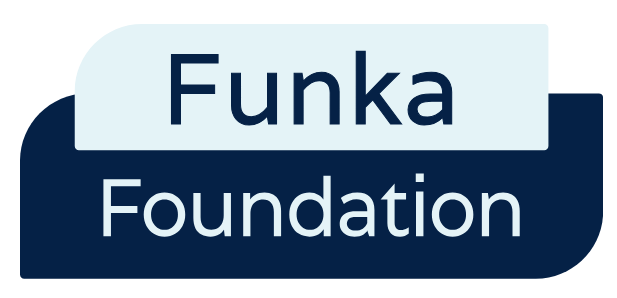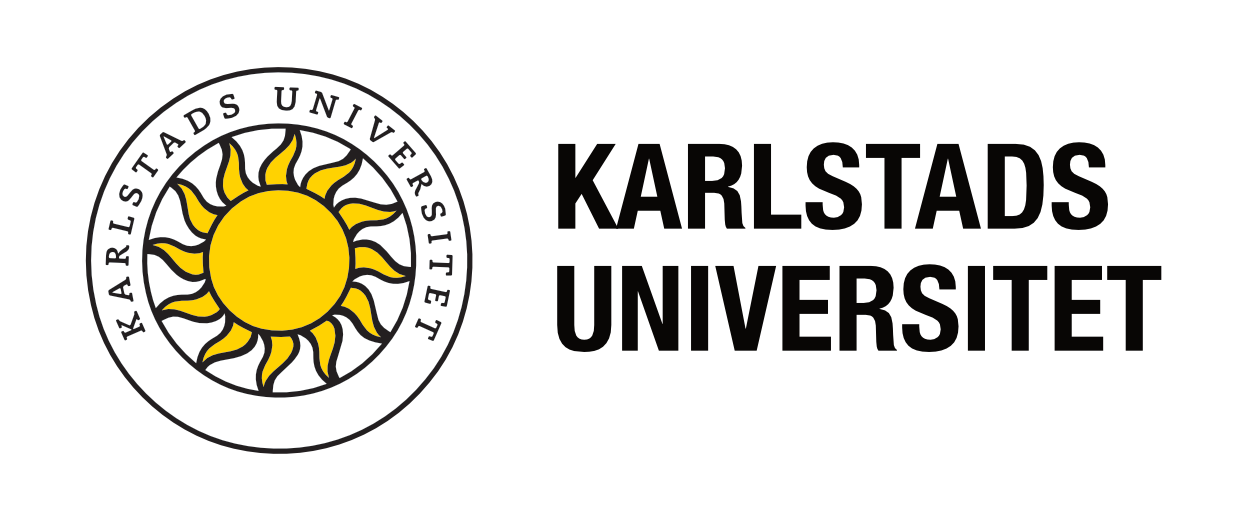Some students need special arrangements to be able to participate in teaching and examination. If the needs are due to a permanent disability, they are entitled to such support. The teacher/examiner must, however, not decide for himself whether the student has needs that entitle a student to support. Such assessments and decisions are made by Enheten för studentstöd (the Unit for Student Support).
It is the student himself who applies for special support. The basis for receiving support is that the student has a documented disability.
Note that the teacher/examinator only need to have access to the actual decision, not to documents regarding the medical status that was basis for the decision about support. Such documents should be handled only by the Unit for Student Support.
If the student is granted special support, a decision is issued by the Unit for Student Support informing the teacher/examiner on what kind of arrangements that should be made in examination (or in the teaching, depending on what the decision says).
Common support is extra time for examination, oral examination or examination in a small group.When the decision is about support related to the actual teaching and learning activities, it may involve, for example, help to make lecture notes, the right to have access to material in advance or in talking book format and the like.)
- Students with special needs
Collected information about different types of support that can be offered to students at Karlstad University.


